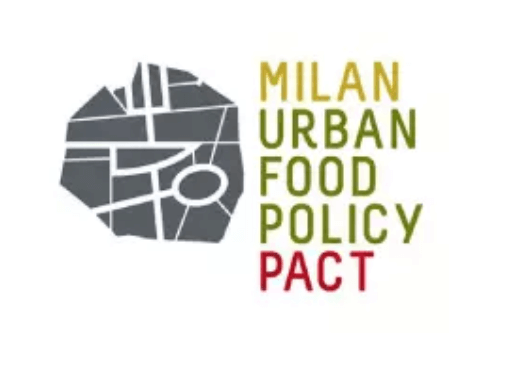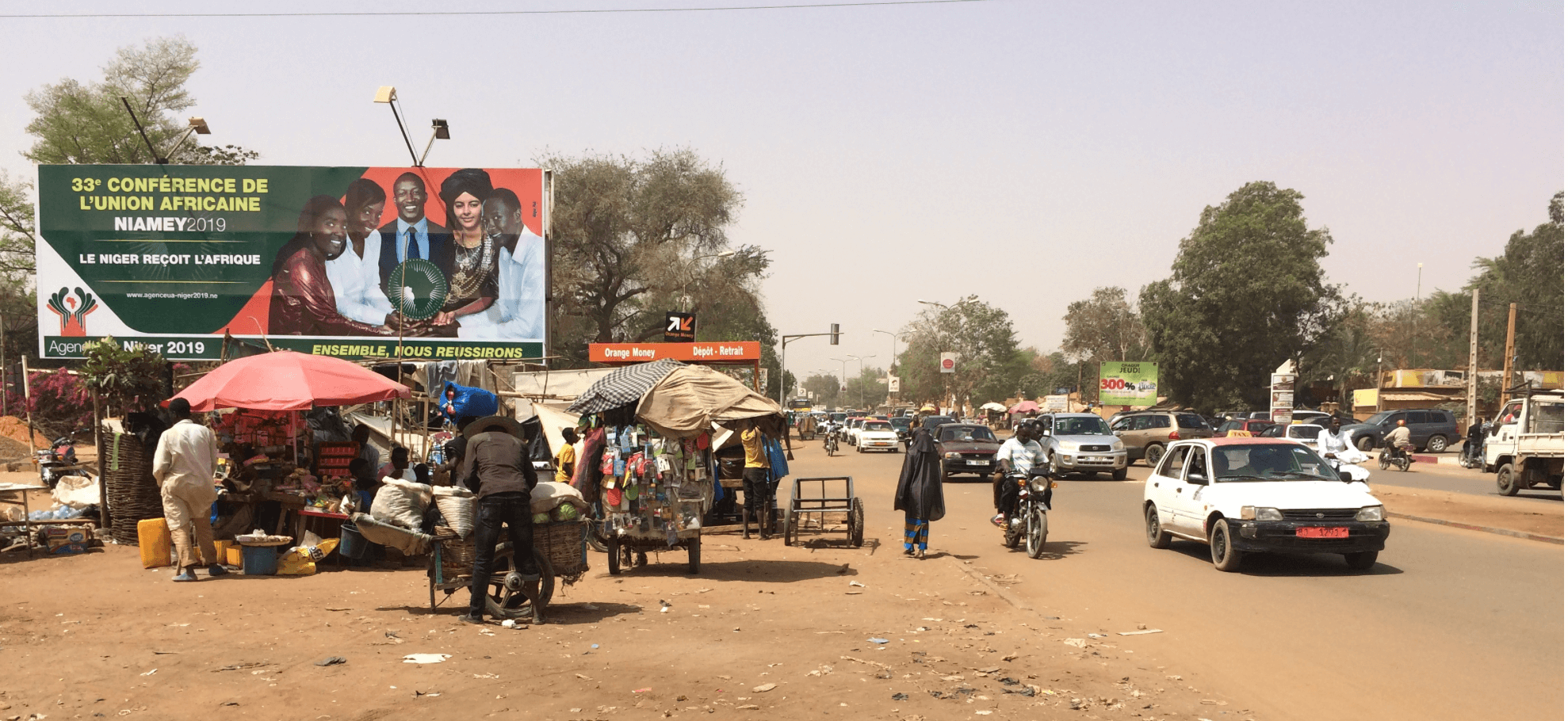The action and its aims
In Niamey, both public and civil entities are struggling with a significant challenge stemming from the lack of comprehensive, data-driven insights into heat trends and future climate conditions. To address this data deficiency, the u-CLIP project was initiated within the City of Niamey. Its primary goal is to create an online urban climate information dashboard, which will serve as a valuable resource for enhancing urban resilience measures. The project aims to raise awareness about the potential impacts of climate change, particularly the heightened risk of extreme urban heat stress. Additionally, it seeks to assist local authorities in accessing international climate funds to support their climate resilience initiatives. Furthermore, the u-CLIP project emphasises the importance of early-stage and structural mitigation measures, with the ultimate objective of providing crucial support to policymakers and other stakeholders in crafting effective resilience strategies.
When it was introduced
The u-CLIP project, officially launched on April 1, 2021 and ran for two years, concluding on March 31, 2023.
Why it was needed
Niamey, Niger, is known as one of the world’s hottest cities, with temperatures often surpassing 40°C and occasionally reaching as high as 45°C. As a result of climate change, there is a potential increase of 2°C to 3°C by 2050 and possibly 4°C to 5°C by 2100 making the lives of the citizens of the city and surrounding regions unsustainable. These shifts in temperature pose a substantial threat to the local population’s well-being and food system. Niger is already grappling with food insecurity, signifying a scarcity of sufficient food resources. This issue has made hunger a critical concern in the country, ranking it among the most severe worldwide. Approximately 45% of Niger’s children under the age of 5 experience persistent malnutrition. The excessive heat exacerbates this situation, as it increases the vulnerability of crops to pests and leads to reduced yields of key staples like corn and wheat.
At the same time, both the public and civil entities are grappling with a significant challenge. The absence of robust, data-driven insights into heat trends and forthcoming climate conditions hinders their ability to develop effective climate resilience strategies. This critical lack of accessible and comprehensive urban climate information hampers their efforts to prepare for and mitigate the impact of rising temperatures and extreme heat in Niamey.
Who initiated it, who is involved
The u-CLIP project in Niamey is a collaborative effort involving various organisations and stakeholders. The Belgian Development Cooperation Agency (Enabel) initiated this project, with the city of Niamey actively participating as a pilot project location. The technical aspects of the platform’s implementation are being managed by partner organisations, including the Flemish Institute for Technological Research (VITO), the African Centre of Meteorological Application for Development (ACMAD), supported by the city of Niamey, Enabel serves as the financial institution supporting this initiative.
Impacts to date
A comprehensive urban climate information platform has been established, offering future projections of the spatial arrangement of Niamey City.
An analysis of the data showed the importance of urban green spaces as a way to reduce heat stress. Therefore, the planting of trees is identified as an important mitigation strategy.
Niamey is a pilot city for this project. The ambition is to roll this out to other cities in sub–Saharan Africa.




